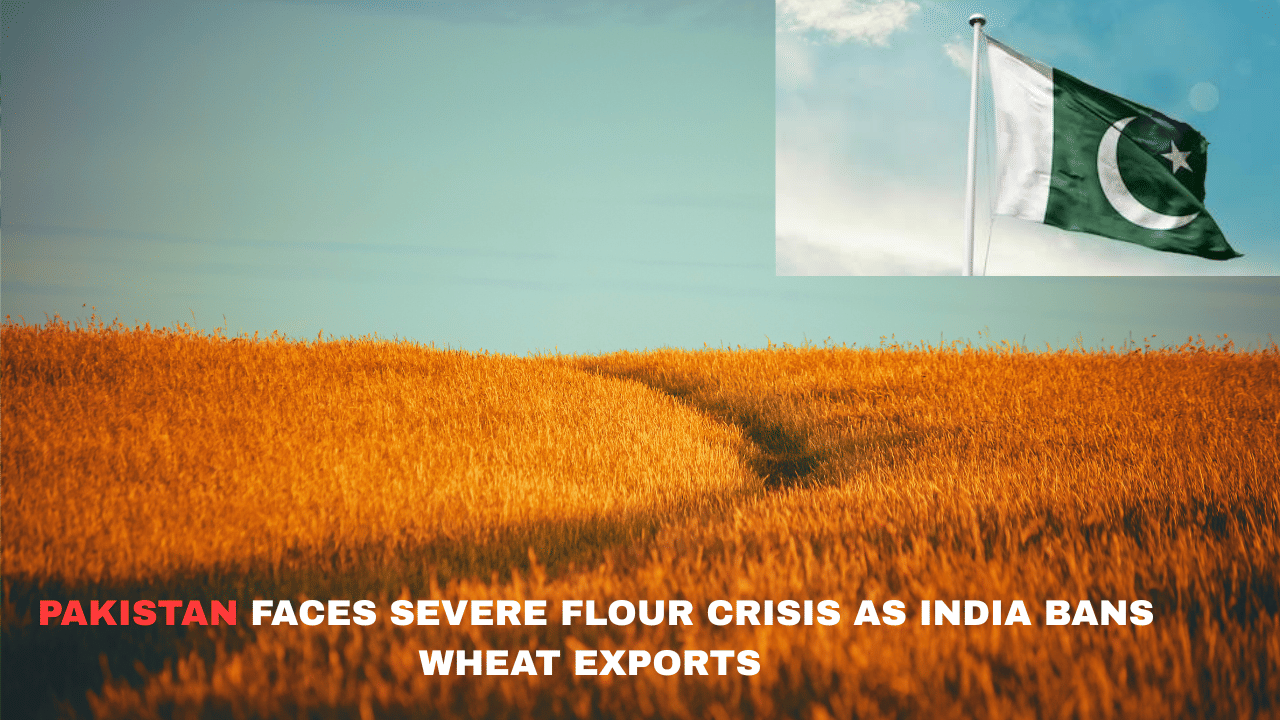New Delhi: India has recently imposed restrictions on flour supplies to Pakistan’s twin cities, Rawalpindi and Islamabad, further straining the Islamic nation already grappling with a severe economic crisis. The Punjab Food Department has reportedly halted flour exports, giving rise to tensions in the neighbouring country.
The export ban poses a serious threat to Pakistan’s fragile economy, already burdened by water scarcity, transport blockades, and other challenges. The Rawalpindi Flour Mills Association held an emergency meeting, warning that the production cycle would be entirely paralysed if the ban is not lifted immediately.
A “state oppression”
Flour prices are now rising at an alarming rate. Inflation has reached such levels that 78 kg of red flour costs up to PKR 11,000. Since the Shehbaz Sharif–Maryam Nawaz government came to power, the price of fine flour has jumped from PKR 6,200 to PKR 12,600.
The association blamed the central government for the worsening situation and termed the inflation “state oppression.” In a statement, Association President Shafiq Qureshi said the government, instead of resolving the wheat supply issue, was taking out its frustration on ordinary citizens. He added that bread had become so unaffordable that common people might be left famished.
With wheat shortages disrupting the food chain, Pakistan’s transport sector has also been affected due to border tensions with the Taliban regime. Multiple food and export consignments have reportedly been stalled at ports and highways.
Pakistan is sinking on all fronts
Islamabad is also facing a water shortage, as India regulated the Chenab River’s flow months ago following the Pahalgam terror attack. Recently, Afghanistan announced plans to build a dam on the Kunar River, restricting water flow into Pakistan amid escalating border tensions. The move aims to limit water for Pakistan’s drinking, agriculture, and hydroelectric needs, and follows India’s suspension of the Indus Waters Treaty with Pakistan.
According to a World Bank study, Pakistan ranks among the top six nations facing inefficient agricultural water use, with worsening freshwater losses due to arid conditions.
